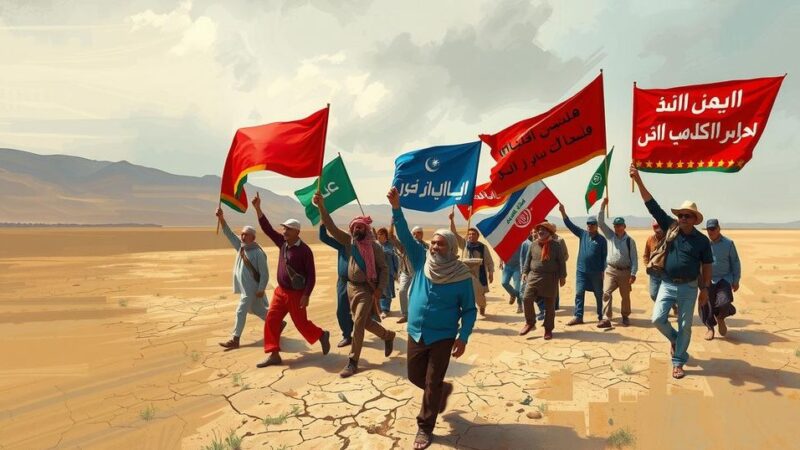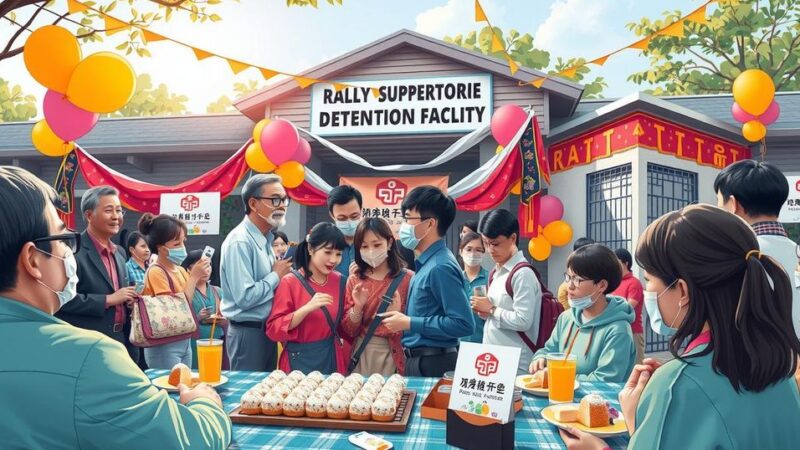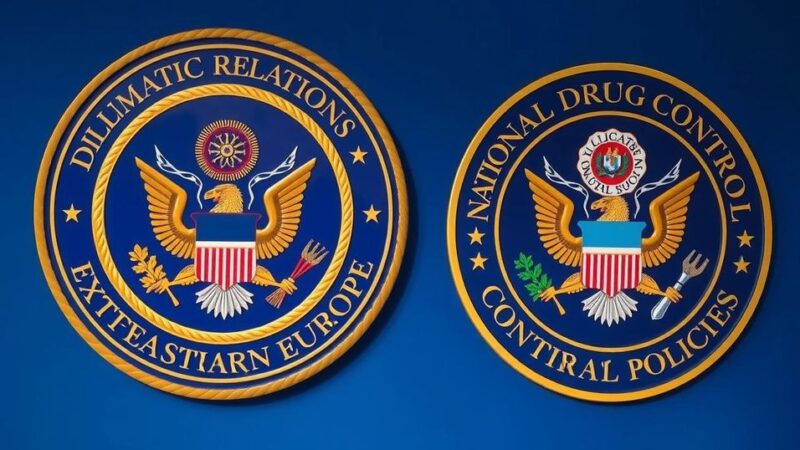Vice President Jeremiah Kpan Koung described his role as a “parked car” during a town hall meeting, emphasizing the limitations placed by the constitution. His comments come amid increasing political tension and criticism from the diaspora regarding governance issues. Despite the challenges, Koung affirmed his working relationship with President Boakai, while also acknowledging the voices of dissent from Liberians abroad.
The discourse surrounding the role of the Vice President in Liberia was recently highlighted by VP Jeremiah Kpan Koung during a town hall meeting in Pennsylvania, USA. He articulated that the structure of Liberian law positions every vice president metaphorically as a “parked car,” indicating that the vice president’s capacity to contribute is contingent upon the president’s requests for assistance.
The analogy of the “parked car,” initially popularized by former President Joseph Boakai in 2017, emphasizes the limitations of the vice presidency. Formerly, political opponents utilized this metaphor to portray Boakai as ineffectual, especially during the presidential campaigns. Although Boakai’s successor vowed to assume an active role, her tenure faced controversies and accusations of overstepping.
As discussions turn toward 2025, speculation mounts regarding VP Koung’s future political ambitions, particularly as President Boakai cautioned officials during a recent Cabinet meeting against premature political aspirations. His admonition implied that those focusing on future elections, rather than current duties, should resign, hinting at potential unease within the administration.
However, VP Koung sought to reassure constituents regarding his working relationship with President Boakai, asserting that he respects the presidential hierarchy. He explained that any advice offered would remain internal, emphasizing his commitment to support the president’s leadership without undermining it.
Despite the intent of his visit, Koung faced criticism from the Liberian diaspora, illustrating dissatisfaction with the administrative response to perceived governance failures and human rights issues. Protesters expressed grievances vocally, targeting the Unity Party administration’s shortcomings, including specific calls for justice related to past violence.
In response to the protests, Koung expressed appreciation for the diaspora’s engagement and reiterated the importance of civil discourse while committing to address their concerns. His itinerary also included participation in the 10th Powering Africa Summit, which fosters partnerships between the U.S. and Africa in the energy sector, underscoring ongoing efforts for international collaboration.
As VP Koung navigates these political landscapes and criticism, the implications of his remarks regarding the vice presidency and engagement with diaspora sentiments will likely shape his future standing in Liberian politics.
In conclusion, Vice President Jeremiah Kpan Koung’s comments on the limitations of his role underscore a significant aspect of the vice presidency in Liberia. Despite engaging in dialogue with the diaspora, his administration faces challenges, including protests highlighting dissatisfaction with governance and human rights concerns. As he continues to participate in international forums, the effects of these dynamics on his political future and the administration’s stability remain to be seen.
Original Source: frontpageafricaonline.com






